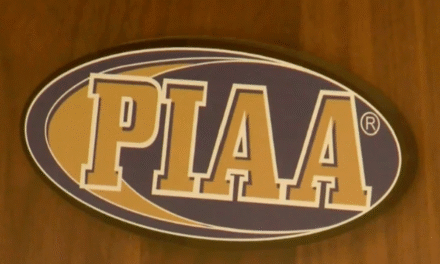The new election management system will reportedly provide updated campaign finance filings and replace an electronic system that did not provide election night results.
Pennsylvania will spend upwards of $10 million on a new election management system that will replace its old electronic voter registration system. The new database can provide updated campaign finance filings, election night results and help with lobbyist registration. Secretary of State Al Schmidt announced the new plan on Wednesday, with the goal of having it ready by the next presidential election in 2028. Pennsylvania, as a swing state, has had their elections closely monitored and critiqued in recent years.
The Civix system, replacing the Statewide Uniform Registry of Electors, is an updated version that will reportedly improve the speed of tabulating election results, as well as provide data for voters and registration information. The Statewide Uniform Registry of Electors, or SURE system, has been in use for every Pennsylvania election since 2003, but was widely considered to be outdated, and lacking in critical capabilities deemed necessary in modern elections. Secretary of State Schmidt was quick to point out that despite its apparent age, the SURE system was still reliable and trustworthy for elections. Schmidt called SURE “safe and reliable”, but pointed out that election officials were making frequent updates.
Forrest Lehman, the elections director for Lycoming County for the last 10 years, stressed the widespread feeling from authorities that, despite the cost, the SURE system needed to be upgraded. The Civix system checked all the boxes that the state was looking for, according to Lehman.
“We all want this to succeed,” Lehman said, after Secretary of State Schmidt had announced the transition. “We want a new voter registration system that can move this state and the counties that use it into the 21st century.” Schmidt compared the frustrations of SURE to having a 20-year-old phone, but said the issues were limited to frustration, not security. SURE was mainly used to store and verify voting registration data, and housed significant personal data.
Schmidt also said it was unclear exactly the upgrades needed for the state’s hardware to implement the new Civix software but specified it would become clearer as the project continues. “As this project develops, it will become clearer the extent to which new hardware will be needed,” Schmidt said. It was unclear whether upgrades to hardware was included in the $10 million price point the Secretary of State’s office initially cited.






